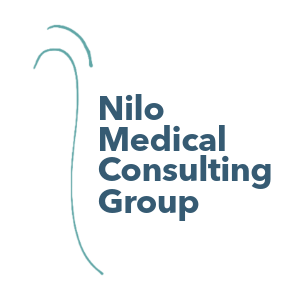Real-World Impact: Poor Data Integrity Examples from Recent Rejections
When it comes to regulatory submissions, data integrity is non-negotiable. Yet in recent years, the FDA and other global agencies have issued a wave of rejections and delays due to data quality concerns. These aren’t abstract warnings—they’re costly, real-world setbacks that keep life-saving technologies from reaching patients.
Common Failures Leading to Rejections
1. Falsified or Unverified Third-Party Lab Data
Some clients rely on outside labs for performance or biocompatibility testing. When labs fail to follow Good Laboratory Practice (GLP) or, worse, submit falsified results, regulators often respond by rejecting the entire dataset. This forces sponsors to repeat costly testing and adds months (or years) to timelines.
2. Inconsistent Source Data vs. Clinical Records
During inspections, reviewers sometimes find mismatches between what’s reported in the case report forms (CRFs) and what appears in patient records. Even minor inconsistencies can raise red flags about data authenticity, resulting in holds or requests for re-verification. The FDA Bioresearch Monitoring (BIMO) Program frequently highlights these issues.
3. Incomplete Risk Documentation
Data packages that omit adverse event details, device malfunctions, or cybersecurity risks fail to meet modern expectations. Regulators see these gaps as evidence of poor oversight, leading to deficiency letters or outright denials. For example, recent emphasis on device security underscores how gaps can derail approvals.
4. Poor Traceability in Electronic Data Capture (EDC)
Without proper audit trails, version control, and user acceptance testing, EDC systems can create uncertainty about who entered data and when. This undermines confidence in the submission and increases the likelihood of rejection. Sponsors that follow MHRA Good Clinical Practice inspection guidance are better positioned to avoid these pitfalls.
Why These Failures Hurt More Than Timelines
Every rejection or deficiency letter delays patient access to potentially life-saving devices and therapies. They also erode sponsor credibility with regulators, investors, and partners—sometimes permanently. The reputational damage can be as severe as the financial cost.
How NMCG Helps Clients Avoid These Pitfalls
At NMCG, we put data integrity at the core of every program. Our support includes:
Rigorous site monitoring and source data verification
Vetting and oversight of third-party testing partners
Design and validation of compliant EDC systems
Development of robust safety and risk documentation
Integration of regulatory-ready data practices from protocol design to clinical study reports
We also help clients anticipate challenges that derail protocols and provide full CRO oversight across study design, monitoring, and data management.
The result: submissions that withstand scrutiny, accelerate approvals, and protect sponsor credibility.
